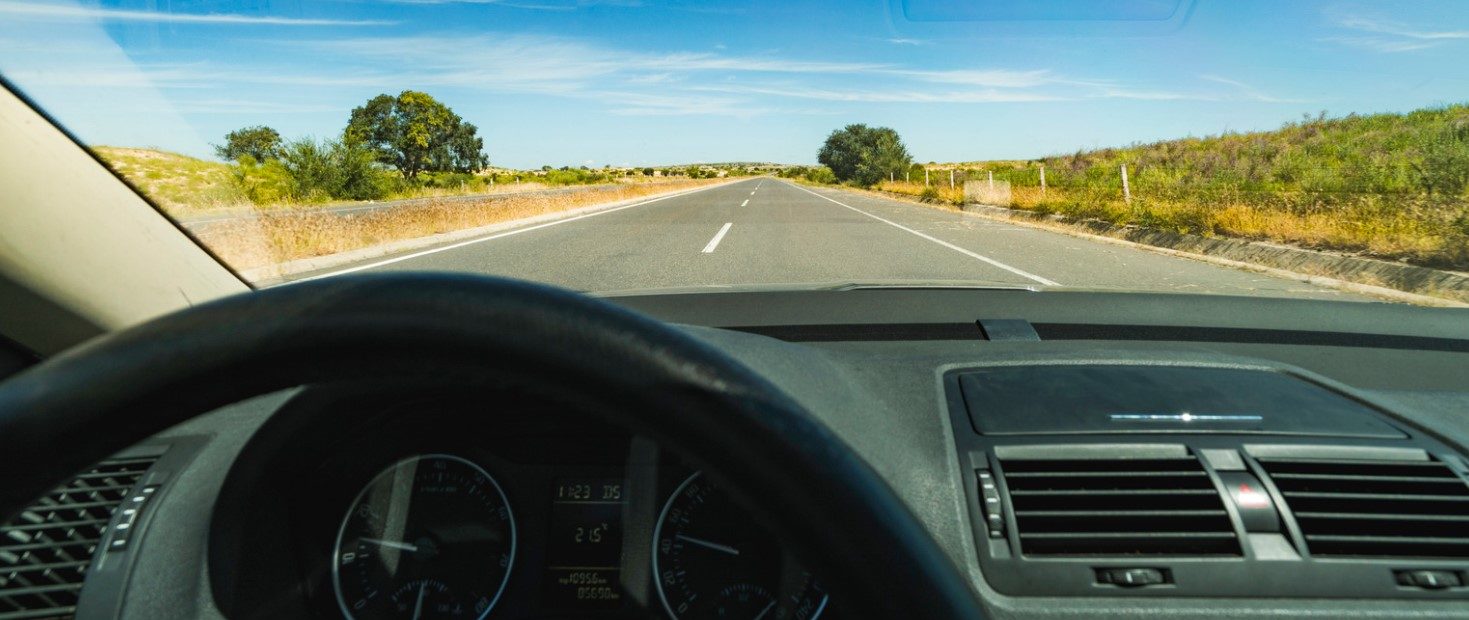Traffic Citations: What Does the Law Say?
North Carolina law defines certain speeding tickets as “Infractions” and other speeding tickets as “Misdemeanors.”
Infractions:
Generally, speeding tickets that are infractions do not require a person to attend court. Instead, the person can simply “pay off” the ticket by going online or to the courthouse and paying the court costs.
Misdemeanors:
Alternatively, misdemeanor speeding tickets generally require a person to attend court.
Do I Always Have to Attend Traffic Court in North Carolina?
For more routine traffic matters, some counties in North Carolina have an “administrative court” or “traffic court”. These courts are designed to specifically deal with traffic violations only. A person issued a traffic citation needs to appear in traffic court unless they have hired an attorney to appear for them or have pled guilty and paid the fine online.
But, if you have been scheduled in District Court, you typically have to appear in court. Failure to do so could result in an order for your arrest or notice being sent to the DMV, which could lead to the loss of your driving privileges.
Despite these generalized rules, in some counties, an attorney might be able to arrange a plea bargain ahead of your court date. In such cases, your attorney may be able to handle your case without your appearance. This is usually true whether you have been charged with misdemeanor speeding or infraction speeding.

Do State Troopers Know if I Need to Appear in Court?
Short Answer: It depends
State Troopers have a jurisdiction that covers the entire State. Therefore, when a Trooper (or other law enforcement officer) tells a defendant they do not have to appear in traffic court, the Trooper is usually basing this information solely on the general rules above—no attendance is needed for the infraction, but attendance is needed for the misdemeanor. However, there are other factors that determine whether or not you must appear in court.
For example, suppose that a State Trooper has written a citation for going 90mph on the highway. The officer believes this is a routine speeding ticket, so he schedules the defendant in administrative traffic court, which does not require the defendant to appear. But this particular county has a requirement that all speeding tickets 90mph or more be resolved in District Court. In this situation, the defendant would not be required to appear at their first court date in traffic court, but they would be required to be present when the case gets moved to District Court on their next court date.
State Troopers also understand that attorneys often help clients obtain plea bargains at a reduced speed. Sometimes a State Trooper may tell you that you do not need to appear in traffic court based on the assumption that you will be able to plead to a lower speed. Unfortunately, each county has a different policy regarding a person’s eligibility for a plea bargain. If no plea bargain is available because of your driving record, county policy, or any other reason, your only option may be to take the case to trial or to plead guilty to the speed as charged. In such a case, you would need to be present in court.
Waivable Citations
Some tickets are for “waivable” offenses. These are very low-level citations, and the state allows defendants to simply go online and pay the citation. While this might be convenient, it is rarely advisable. When a defendant pays a waivable ticket online, he pleads guilty to the offense as charged. This can sometimes result in driver’s license suspensions, insurance premium increases, and other consequences which the defendant did not anticipate.

Is Attending Traffic School Required for a Reduction?
In some cases, attending traffic school may be a condition of a plea bargain. Traffic school is a program that is designed to educate drivers on safe driving practices and traffic laws. It may be offered as an option to avoid or reduce points, or as an alternative to a harsher punishment such as jail time. However, whether you can attend traffic school to get your speeding ticket reduced is determined by the jurisdiction and the specific circumstances of your case.
Does my Driving Record Affect the Outcome of a Plea Bargain?
Short Answer: Yes
Your driving record is certainly a factor in determining a plea bargain for a traffic ticket. District attorneys are under no obligation to make any person a plea bargain, and they often have “marching orders” from their own boss which require them to check a person’s driving record prior to making any plea bargain. Furthermore, their boss will frequently forbid them from making plea bargains with a person who has been convicted of (or even charged with) certain traffic charges in the past. For example, many counties will forbid any plea bargain to be granted for someone who has been charged with or convicted of Speed Competitions, Fleeing to Elude Arrest, or Hit and Run. Other jurisdictions also forbid plea bargains to drivers who have been charged or convicted of going more than 30 mph over the speed limit or speeding over 90 mph. Additionally, many jurisdictions look for a trend of speeding over the person’s driving history. In these cases, the assistant district attorney must deny any request for a plea bargain.

Your Driving Record Is Not Always a Deal Breaker
However, simply having a less-than-perfect driving record is not always a deal-breaker. An experienced traffic law attorney has established relationships with the district attorneys and can often sit down with them on your behalf. Here, the attorney can explain the specific circumstances of your case and present a clearer picture of the entire situation to the district attorney. Details matter, and a great traffic attorney knows how to tell your story so that your case becomes more than just a citation number.
Even if a plea bargain is ultimately not possible in your case, a traffic attorney can review the facts of the case and let you know if you have any issues for trial. Moreover, a traffic attorney can discuss options for limited driving privileges and help you navigate that process, if you are eligible.
Finally, it is important to note that each county has a great deal of discretion in granting plea bargains. Often, there is a lot of variation between the reductions one county offers and the reductions another county offers for the exact same ticket. While state law governs some aspects of traffic law, individual counties can be more restrictive than state law. Regarding driving records, some counties do not consider a person’s record at all, and other counties check the record for each citation. This process can be frustrating for a person who has received similar tickets in different counties which produced different outcomes. An experienced traffic attorney can help you prepare from the beginning because they know the individual practices in the counties in which they practice.
Can I Appeal the Outcome of my Traffic Ticket?
You can appeal the outcome of a traffic ticket if you are not satisfied with the decision of the court. The process of appealing a traffic ticket can vary depending on the jurisdiction, but typically it will involve filing a notice of appeal within 10 days. You may also be able to request a jury trial in some cases or a Superior Court bench trial. This is rarely a good idea as you will be scheduled behind more serious cases that will take more court time and you may also have to appear in Superior Court multiple times over the course of the next several years.

Contact Us
In all of these cases, the best idea is to call an experienced traffic attorney who can ask important questions about your driving history and properly advise you whether or not you need to be present in court.
It’s best to consult with an attorney experienced in traffic law long before you go to the lower court to avoid the possibility of a worse outcome, to determine if there’s a chance of success in your case, and to guide you through the process so as to avoid an appeal.
The best decision you can make is to consult an attorney who actively practices traffic law in the county where you received the citation. Because counties vary so widely in their procedures, an attorney who practices in the county of citation will be able to tell you with a greater degree of certainty whether or not your presence is required. Further, such an attorney might be able to get your presence waived, even on citations where you normally must appear in court.
Contact us to discuss your options if you have received a citation in Alamance, Davie, Davidson, Forsyth, Guilford, Randolph, Stokes, Surry, or Yadkin counties. We are familiar with the specific practices in all these locations. Let us help you reduce the consequences of your traffic violation today!
